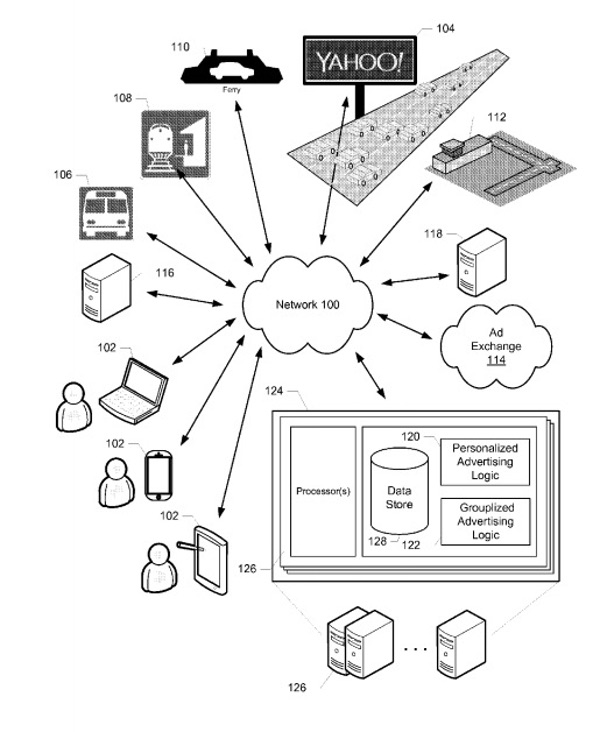How America’s Tech Giants Are Helping Build China’s Surveillance State
The OpenPower Foundation — a nonprofit led by Google and IBM executives with the aim of trying to “drive innovation” — has set up a collaboration between IBM, Chinese company Semptian, and U.S. chip manufacturer Xilinx. Together, they have worked to advance a breed of microprocessors that enable computers to analyze vast amounts of data more efficiently. Shenzhen-based Semptian is using the devices to enhance the capabilities of internet surveillance and censorship technology it provides to human rights-abusing security agencies in China, according to sources and documents. A company employee said that its technology is being used to covertly monitor the internet activity of 200 million people…
Semptian presents itself publicly as a “big data” analysis company that works with internet providers and educational institutes. However, a substantial portion of the Chinese firm’s business is in fact generated through a front company named iNext, which sells the internet surveillance and censorship tools to governments. iNext operates out of the same offices in China as Semptian, with both companies on the eighth floor of a tower in Shenzhen’s busy Nanshan District. Semptian and iNext also share the same 200 employees and the same founder, Chen Longsen. [The company’s] Aegis equipment has been placed within China’s phone and internet networks, enabling the country’s government to secretly collect people’s email records, phone calls, text messages, cellphone locations, and web browsing histories, according to two sources familiar with Semptian’s work.
Promotional documents obtained from the company promise “location information for everyone in the country.” One company representative even told the Intercept they were processing “thousands of terabits per second,” and — not knowing they were talking to a reporter — forwarded a 16-minute video detailing their technology. “If a government operative enters a person’s cellphone number, Aegis can show where the device has been over a given period of time: the last three days, the last week, the last month, or longer,” the Intercept reports.

 “Data-driven policing means aggressive police presence, surveillance, and perceived harassment in those communities. Each data point translates to real human experience, and many times those experiences remain fraught with all-too-human bias, fear, distrust, and racial tension. For those communities, especially poor communities of color, these data-collection efforts cast a dark shadow on the future.”
“Data-driven policing means aggressive police presence, surveillance, and perceived harassment in those communities. Each data point translates to real human experience, and many times those experiences remain fraught with all-too-human bias, fear, distrust, and racial tension. For those communities, especially poor communities of color, these data-collection efforts cast a dark shadow on the future.”


